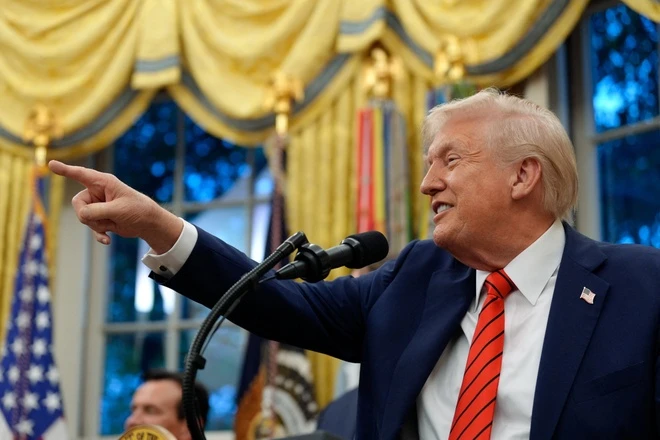President Donald Trump has issued a stern warning to Spain, threatening to impose punitive tariffs on the European nation if it fails to meet its NATO defense spending obligations. This move underscores the Trump administration’s hardline approach, demanding that wealthy allies significantly increase their military investment or face economic retaliation.
The Ultimatum: Defense Spending as an Economic Requirement
The core of President Trump’s argument is straightforward: NATO allies, particularly those with strong economies like Spain, must honor the commitment to allocate 2% of their Gross Domestic Product (GDP) toward defense. While this goal was agreed upon by NATO members, many, including Spain, still fall short.
Trump’s threat frames the defense issue not just as a matter of collective security, but as an economic transaction. By threatening tariffs—a move traditionally reserved for trade disputes—he is effectively tying Spain's national security contributions directly to its economic relationship with the United States. This tactic is consistent with his "America First" strategy, which seeks to correct what he perceives as unfair burdens carried by the U.S. in global defense alliances.

Spain's Position and the EU Context
Spain currently dedicates significantly less than the 2% target, and while the government has committed to increasing the budget, the timeline is slow, irritating the administration in Washington.
The potential imposition of tariffs could severely impact Spanish exports, particularly in agricultural products and manufactured goods. Furthermore, this move risks escalating trade tensions between the U.S. and the wider European Union. As a major EU member, any action against Spain could be seen as an aggressive move against the bloc, prompting the EU to consider retaliatory measures, threatening a full-blown trade war.
Implications for NATO and Collective Security

Trump’s use of tariffs as a geopolitical tool fundamentally challenges the principle of collective defense that underpins NATO. Critics argue that penalizing allies weakens the alliance at a time when global stability is under threat.
However, supporters of Trump's approach contend that his tough stance finally compels wealthy nations to take their defense seriously, reducing American taxpayer funding for Europe’s security. The threat aims to incentivize immediate action, demonstrating that the U.S. is serious about enforcing financial equity within the alliance.
The success of this ultimatum will be measured not only by Spain’s compliance but also by the long-term impact on NATO’s financial structure and internal solidarity.

